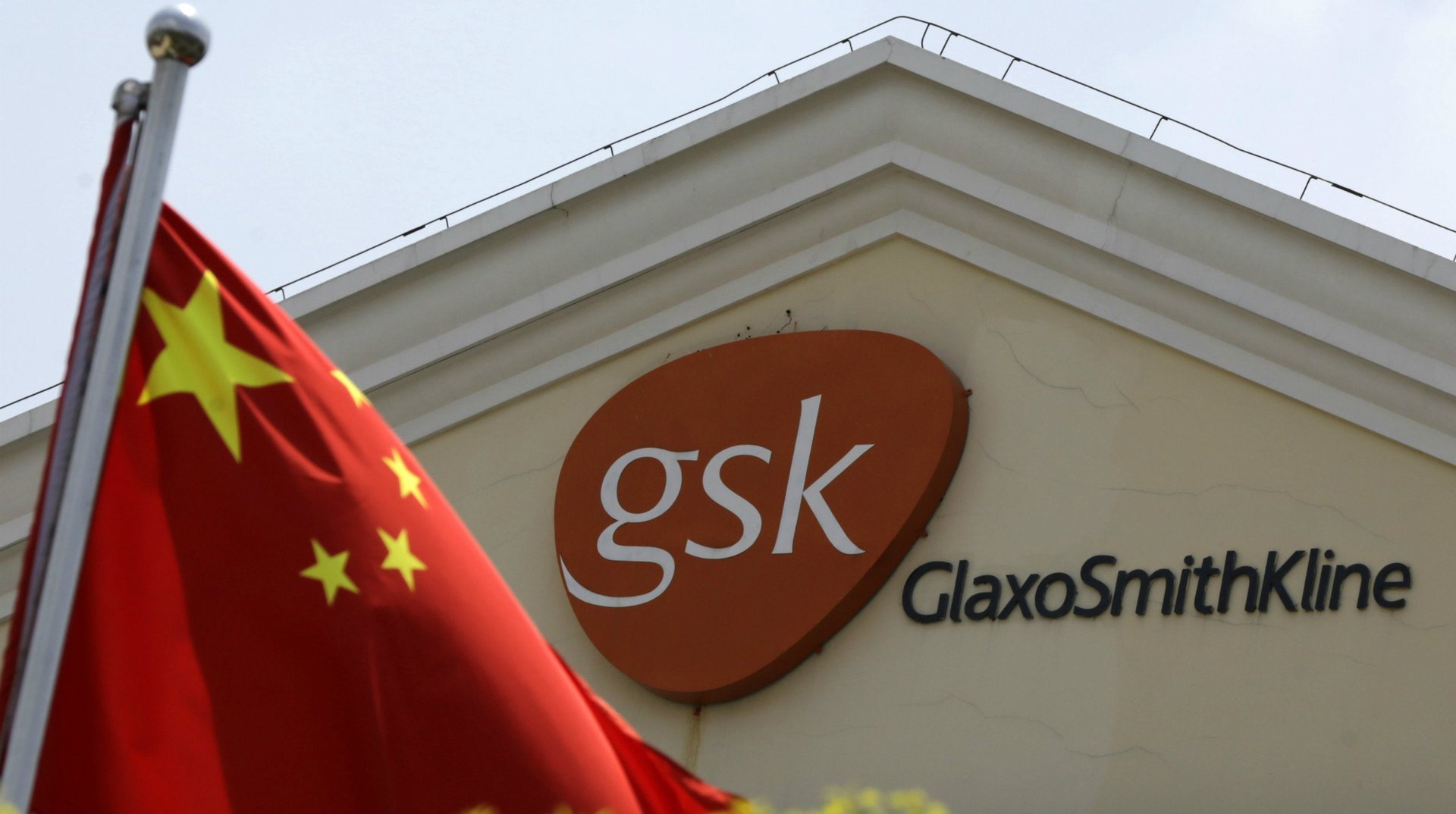US citizen ensnarled in China’s GSK probe on privacy charges
US citizen Yingzeng Yu, recently detained by Chinese authorities along with her husband and business partner Peter Humphrey, is being held for a possible violation of China’s laws on possession of personal information, according to a person briefed on her situation.


US citizen Yingzeng Yu, recently detained by Chinese authorities along with her husband and business partner Peter Humphrey, is being held for a possible violation of China’s laws on possession of personal information, according to a person briefed on her situation.
The couple are co-founders of Shanghai-based ChinaWhys, a risk management firm, and veteran fraud investigators. Their detention is widely believed to be linked to a far-reaching bribery probe into China’s pharmaceutical industry, centered on British drug maker GlaxoSmithKline.
It is not yet clear who Yu, a veteran corporate adviser, and Humphrey, a former journalist with Reuters, were investigating or what they may have found, but their detention raises serious questions about how China is pursuing its investigation of bribery in the pharmaceutical sector, how its privacy laws are being applied, and how businesses hoping to protect themselves from fraud should proceed in the future.
Chinese authorities have accused GSK of illicitly paying up to 3 billion yuan ($489 million) to doctors, hospitals and government officials to win more business and raise drug prices. GSK acknowledges that some of its employees have broken the law in China, but would not confirm whether GSK was a client of ChinaWhys.
ChinaWhys specializes in investigating and identifying fraud at companies doing business in China, a crucial skill in a business environment where bribery is rampant, but where the government is cracking down some illegal activities.
Yu was born in China, the daughter of a prominent scientist involved in the country’s nuclear weapons program, the FT reported (paywall), citing friends of the couple, and is a naturalized American citizen with an MBA from UCLA. Humphrey, like Yu, is an expert on financial chicanery in China. He was formerly country manager for US risk consultancy Kroll and head of China investigations at PwC, and is the founding president of the Shanghai Chapter of the Association of Certified Fraud Examiners.
The modus operandi of ChinaWhys is to shepherd multinationals “through the labyrinth of opportunity, risk and unfamiliar cultural environment.” This time something went wrong. What, exactly, that was is still unclear.
What’s happened to the couple is “terrifying,” wrote Bill Bishop, author of the well-read Sinocism newsletter. He said you “won’t find many more foreigners working in China as well-connected.”
“Even if you take a very tolerant view of Chinese government detention, you have to ask whether it is counterproductive,” says Benjamin Shobert, the founder of emerging market consultancy Rubicon Strategy Group. “You have people out there who are foreigners who know where the places are to push [to uncover fraud]. If you put these people in jail, what’s the incentive to find out the information in the first place?”
China’s privacy laws could potentially cover information collected by ChinaWhys about doctors, hospital administrators and other Chinese officials that may have received payments from GlaxoSmithKline. In 2009, the Chinese government passed an amendment to federal criminal laws that made it a crime to for people to misappropriate personal information during the course of performing their professional duties. Then at the end of 2012, China expanded the law to cover the collection of personal electronic information.
Many countries have laws covering “personal identifiable information” on their books, including the United States, which specifies how companies should store data like Social Security numbers. But in China, such laws have been specifically used to target professionals like private investigators, including 155 that were detained in Hubei and Chongqing in January. In June, a private eye was jailed for obtaining “personal credibility reports” and hotel and flight records for clients who suspected their spouses of having an affair.
The Chinese government’s investigation into GSK has become the object of intense speculation. Its aims have been described as winning domestic political support, lowering drug prices, or settling old political scores.
Ultimately, the fate of GSK in China will come down to bargaining, predicts Kerry Brown, a former diplomat who now runs the China Studies Center at the University of Sydney. “GSK will need to negotiate heavily with the authorities and the Chinese government will make compromises as and when they are making progress,” he says.
What about Yu and Humphrey?
“They’re completely screwed,” Brown says. “They are on their own, basically.” Hopefully, he said, they have “patronage links that protect them … they shouldn’t be in this sector if they don’t have a ‘Plan B.'”